Thriving
Thriving………….
thrive
\ ˈthrīv \
thrived or throve\ ˈthrōv \; thrived also thriven\ ˈthri-vən \; thriving\ˈthrī-viŋ \
Definition of thrive
1: to grow vigorously : FLOURISH
2: to gain in wealth or possessions : PROSPER
3: to progress toward or realize a goal despite or because of circumstances —often used with on thrives on conflict
(https://www.merriam-webster.com/dictionary/thrive. , 1.27.19)
Thriving. At this moment and in this age, the words thrive and thriving have become a new focus. They were always there and present, but now more than ever, I think the Rio School District and other Districts like it might benefit from this solitary focus. Thriving. Are the children in our sphere of influence thriving? Are our employees thriving? Are the families and the community we are part of thriving? What are we doing to promote this thriving? What are we doing to hinder it? If we set aside, and I suggest we do for many reasons, the definition to gain wealth and possessions, we are left with growing vigorously and making progress towards our goals despite and/or because of our circumstances.
Rio’s children need to thrive in every sense as whole, developing human beings. They need to flourish physically, socially, emotionally, creatively, intellectually, academically, and civically. In recent years we have joined and contributed to the now two decades old movement to help children develop what have come to be known as 21st century skills. We preferred the word “practices,” for various ethnographic and pedagogical reasons. We jumped on board networks of educational institutions that seek to amplify the need for schools to break from old conventions and learn to teach for skills/practices such as communication, collaboration, critical thinking, and creativity. We embraced this movement, contributed to it in the last few years and raised by both modeling, rhetoric, and action issues of equity and asked questions and took actions aimed at who the 21st century should and could transform in schools.
This age of renovation and renewal is recycling many progressive concepts and the work of many progressive thinkers. Many of which I was engrossed in pondering and engaging with when I entered public professional education work more than thirty years ago. These much needed schooling changes are clearly moving in a better direction for all children, for all communities and families and for the American democracy which is so intertwined and driven like an engine by our schools and the development of the next generation of citizens, people, workers.
Here in the Rio school District, where many and most children grow up in homes and contexts with little economic means, with little immersion in academic language experience, and many with little experience with English as a language, I believe it is time to focus on this word THRIVE, and to ask ourselves as their caretakers, questions that inquire into every aspect of their thriving. I am particularly interested in and focused in on three major elements of their thriving, though every aspect of their thriving is likely important. It is hard to tell what every child will need to become who they should be and to find the promise this country suggests we offer; life, liberty, and the pursuit of happiness.
I am focused on;
- Their happiness, safety, and feelings of well-being and nourishment when they are at school and in their homes.
- Their interest, fluency, and meaning making when it comes to the most valued literacies in academic institutions: reading, writing, speaking and maths.
- Their creativity and interest in learning and pursuing things they want to learn about which is directly connected to their freedom in the schools context.
Rio School District
“Educating Learners to Thrive”
What we ought to be doing, and what I hope we are doing, is helping, guiding, contributing to, create contexts, environments, ecosystems, where and for children to thrive. In the coming weeks and months I will be working with others to ponder and take action guided by this focus and these words and to renew our assessment of ourselves along these lines. We are a little/big system with nine schools, more than 5,000 students, 500 employees, and a $60,000,000 dollar budget. I will be asking all our employees to begin by thinking about themselves and their own thriving as well as the children around them they come in most close daily contact with. Are they thriving? How can we tell? Can we measure this? Observe this? How will we know if we have prepared them to thrive when they leave us to go to high school and beyond? I can think of no better group of people to do this work with, there is much love and commitment here in the Rio School District community and a developing appetite for system wide learning and excellence.
BLOG CATEGORIES


